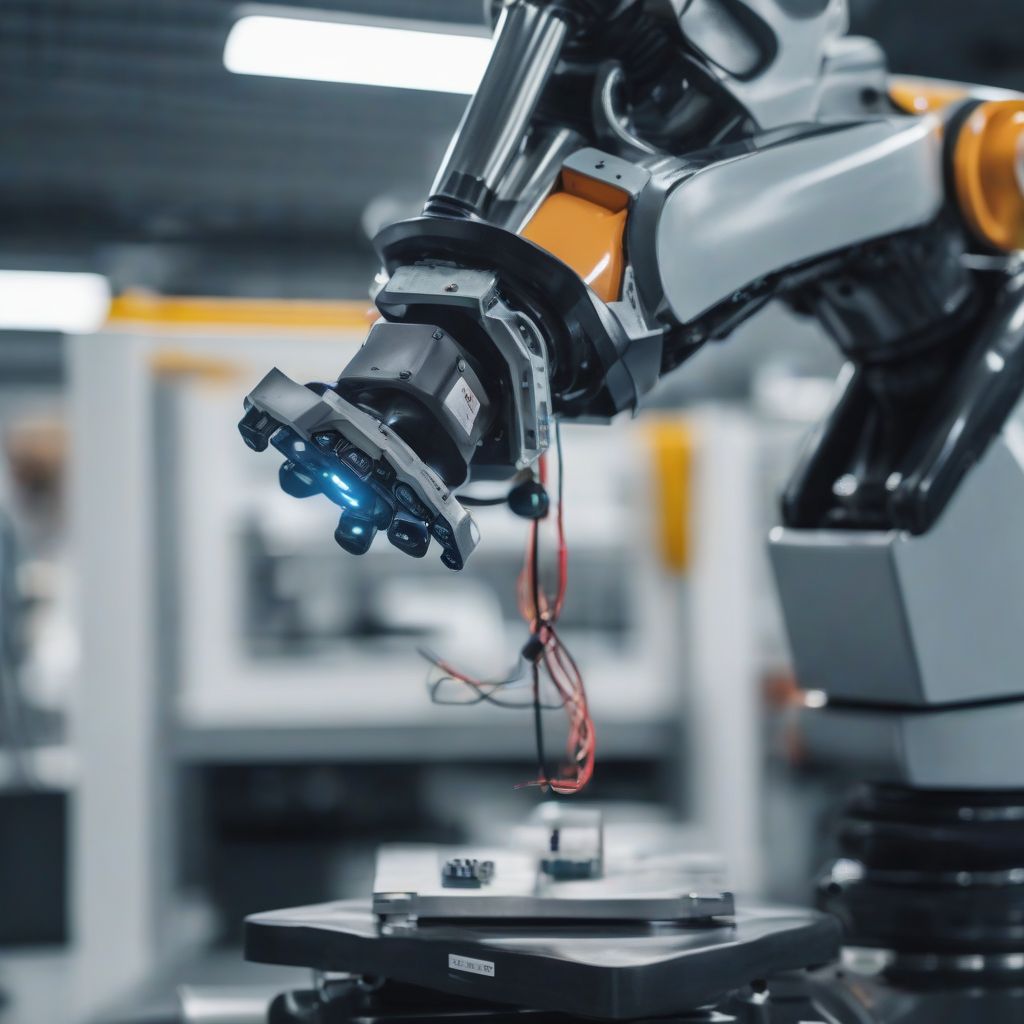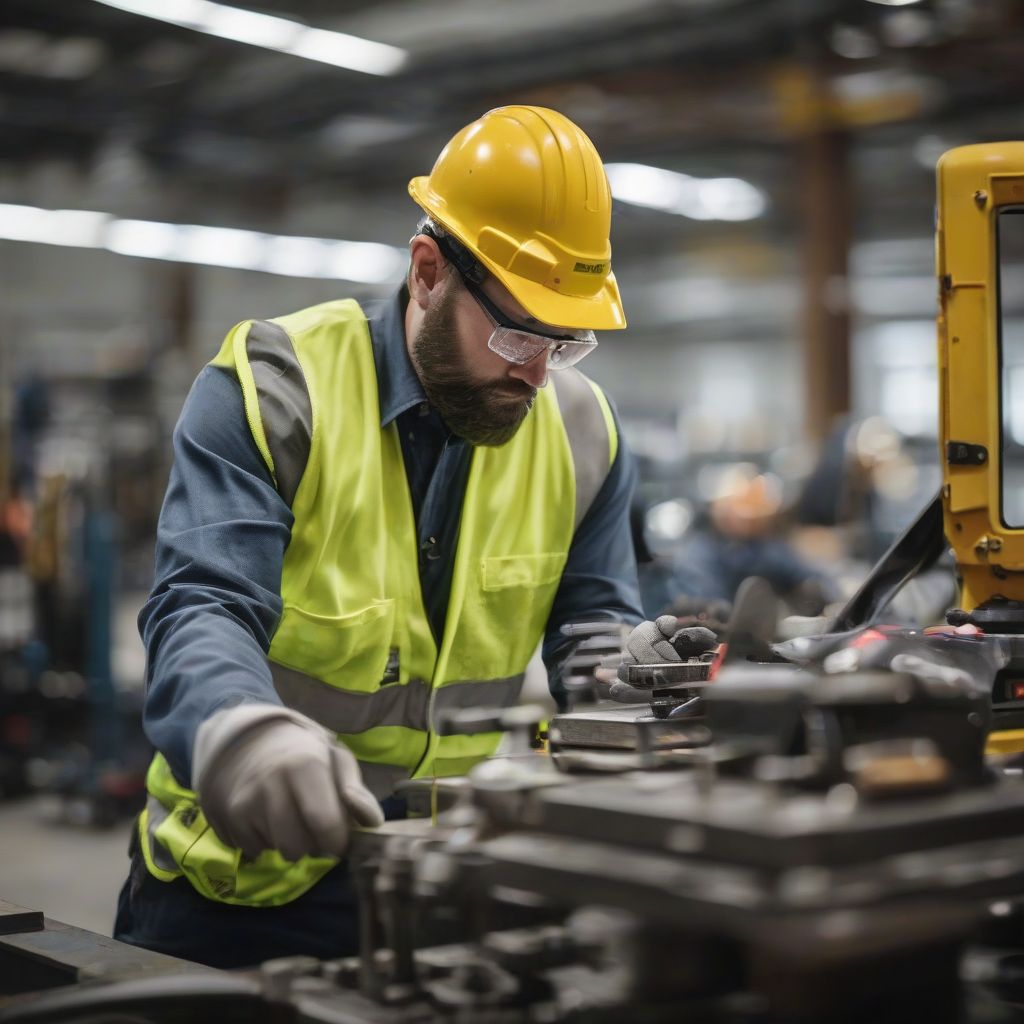AI in the Hospitality Industry: Transforming Guest Experiences
The hospitality industry thrives on delivering exceptional guest experiences. In recent years, a new player has emerged, promising to redefine how hotels operate and interact with guests: Artificial Intelligence (AI). AI in the hospitality industry is more than just a technological advancement; it’s a transformative force reshaping how we travel and experience hospitality.
Understanding AI’s Impact on Hospitality
AI encompasses a range of technologies that enable machines to perform tasks that typically require human intelligence, such as learning, problem-solving, and decision-making. In the context of hospitality, AI is being leveraged to:
- Personalize Guest Experiences: AI can analyze guest data to understand preferences and tailor services accordingly. Imagine receiving personalized room recommendations based on your past stays or having AI-powered chatbots instantly address your queries.
- Enhance Operational Efficiency: AI can automate routine tasks like check-in/out, concierge services, and even housekeeping, freeing up staff to focus on more complex guest interactions.
- Optimize Revenue Management: AI algorithms can analyze vast datasets to predict demand, adjust pricing dynamically, and maximize revenue for hotels.
How is AI Being Used in Hospitality?
The applications of AI in the hospitality industry are vast and continually expanding. Here are some compelling examples:
1. AI-Powered Chatbots and Virtual Assistants
Hotels are increasingly using AI-powered chatbots on their websites and mobile apps to provide instant answers to guest queries, manage bookings, and even offer personalized recommendations. These chatbots use natural language processing (NLP) to understand and respond to guest requests in a conversational manner.
2. Smart Hotel Rooms
Imagine walking into your hotel room, and the temperature adjusts to your preference, the lighting sets the mood, and your favorite music starts playing – all thanks to AI. Smart hotel rooms use Internet of Things (IoT) sensors and AI to create a personalized and responsive environment for guests.
3. Predictive Analytics for Guest Sentiment Analysis
AI can analyze guest reviews, social media posts, and other data to understand guest sentiment and identify areas for improvement. This allows hotels to proactively address potential issues and enhance guest satisfaction.
4. Robot Assistants
Some hotels have started employing robot assistants to handle tasks like luggage delivery, room service, and even concierge services. These robots can navigate the hotel environment autonomously and interact with guests, providing a unique and futuristic experience.
Benefits of AI in the Hospitality Industry
The adoption of AI in hospitality brings forth numerous benefits:
- Enhanced Guest Experiences: AI enables personalized services, faster response times, and a more seamless and enjoyable travel experience.
- Increased Revenue and Profitability: AI-powered revenue management systems optimize pricing and inventory, leading to increased revenue.
- Improved Operational Efficiency: Automation of tasks frees up staff time, reduces operational costs, and improves overall efficiency.
- Competitive Advantage: Hotels that embrace AI gain a significant edge in the market by offering innovative and personalized services.
Challenges and Considerations
While the potential of AI in hospitality is vast, there are challenges to consider:
- Data Privacy and Security: Hotels collect vast amounts of guest data, and ensuring the privacy and security of this information is crucial.
- The Human Touch: While AI can automate tasks, it’s essential to maintain a balance and preserve the human touch in hospitality, as genuine human interaction remains vital for creating memorable experiences.
- Cost of Implementation: Implementing AI solutions can require significant upfront investment, which can be a barrier for some hotels.
The Future of AI in Hospitality
The future of AI in hospitality is brimming with possibilities. As AI technology continues to evolve, we can expect even more sophisticated applications that further enhance guest experiences and transform the industry.
Here are some potential future trends:
- Hyper-Personalization: AI will enable even more granular personalization, tailoring every aspect of the guest journey to individual preferences.
- Predictive Maintenance: AI will be used to anticipate and prevent maintenance issues in hotels, ensuring a seamless and comfortable experience for guests.
- Emotion AI: Advanced AI systems will be able to recognize and respond to guest emotions, enabling hotels to provide even more empathetic and personalized service.
Conclusion
AI is rapidly changing the landscape of the hospitality industry, ushering in an era of enhanced guest experiences, increased efficiency, and new possibilities. By embracing AI and its transformative potential, hotels can create a future where technology and human touch converge to deliver exceptional hospitality.


Leave a Comment